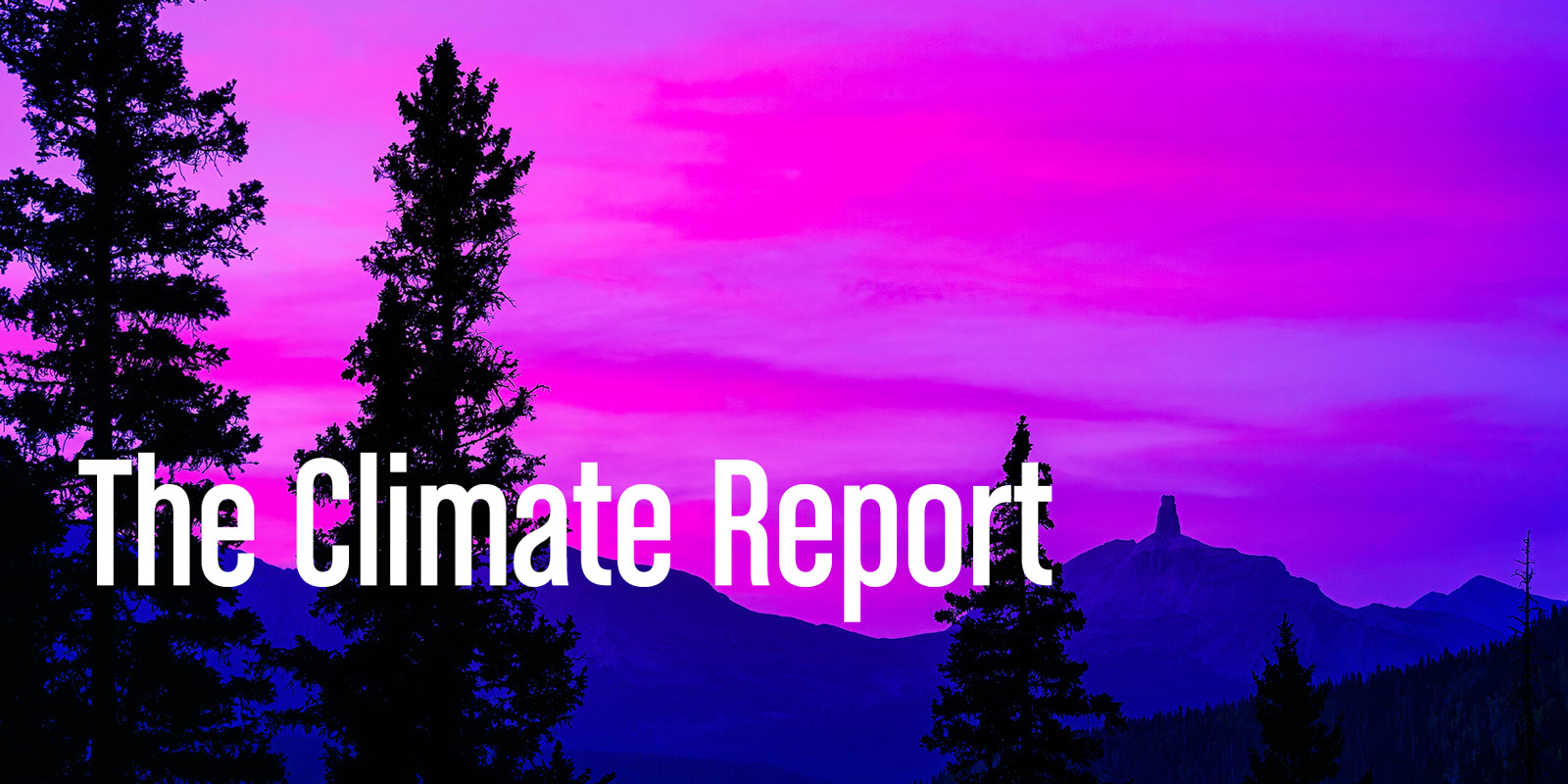
Environmental Groups Sue New York to Implement Greenhouse Gas Reduction Law
On March 31, 2025, a coalition of environmental groups in New York filed a lawsuit to compel the New York Department of Environmental Conservation ("DEC") to issue regulations implementing the Climate Leadership and Community Protection Act's ("CLCPA") greenhouse gas reduction requirements.
In 2019, the New York Legislature passed, and the governor signed, the CLCPA, which came into effect on January 1, 2020. Under the CLCPA, the state is required to reduce greenhouse gas emissions 40% by 2030 and 85% by 2050, below 1990 levels, across all sectors of the economy. The CLCPA does not specify the measures the state must take to reduce emissions or obligate any entity to reduce emissions. Instead, the CLCPA requires the state to develop a plan to reduce emissions and instructs the DEC to promulgate regulations that reflect the state's plan by January 1, 2024.
As a first step, the CLCPA established the Climate Action Council, which was charged with developing the Scoping Plan, a roadmap to attain the statewide greenhouse gas reductions set by the CLCPA. The Scoping Plan was finalized by vote on December 19, 2022, and recommends a number of steps for the state to reduce emissions in individual sectors and a comprehensive statewide regulatory program to achieve the CLCPA's greenhouse gas reduction requirements. The recommendations in the Scoping Plan center on a cap-and-invest program, which would place a cap on greenhouse gas emissions and then auction off emissions allowances.
The DEC and the New York State Energy Research and Development Authority ("NYSERDA") held several webinars and solicited public comment and feedback regarding the cap-and-invest program and other potential programming to achieve the CLCPA greenhouse gas emission reduction requirements.
The DEC and NYSERDA did not, however, issue draft regulations in 2024. At the January 14, 2025, State of the State address, Governor Hochul announced that the DEC would not release the draft cap-and-invest regulations in January as expected, and did not provide a timeline for release. Instead, the governor explained that the DEC and NYSERDA would propose new regulations on greenhouse gas emissions "over the coming months." On March 26, 2025, the DEC released draft regulations on greenhouse gas reporting.
In the petition and complaint filed on March 31, 2025, the petitioners allege that, to date, the DEC has not provided a timeline for releasing any regulations that would fulfill the DEC's duty under the CLCPA, despite the Senate's call to the state on March 4, 2025, to immediately issue all draft regulations necessary to implement a cap-and-invest program under the CLCPA. While greenhouse gas reporting regulations have been proposed, the petitioners submit that these regulations are for data collection purposes only and do not impose requirements on facilities to reduce greenhouse gas emissions or to obtain emissions allowances.
Petitioners request that the court order the DEC to issue draft regulations immediately in compliance with the CLCPA and to finalize the regulations on a reasonable timeline. The petitioners allege that the failure to issue the regulations violated: (i) the CLCPA, which required the DEC to issue regulations by January 1, 2024, to achieve statutory greenhouse gas reduction requirements; and (ii) the New York State constitution's guarantee of a "right to clean air and water, and a healthful environment" to each person.
The DEC responded to the petitioner's complaint on May 7, 2025, denying the allegations in the complaint and requesting the court deny the petition and dismiss the complaint for failure to state a clear legal right to relief and failure to state a cognizable constitutional claim. The DEC states that it has released greenhouse gas reducing regulations under the CLCPA, continues to work on devising and promulgating additional regulations, and continues to develop cap and invest regulations, which it claims is neither required by the CLCPA nor the sole means of satisfying it. The DEC asserts the petitioners improperly seek mandamus directing how the DEC should comply with CLCPA, which the DEC believes should be left to its discretion. The DEC further states the petitioners are not entitled to a declaration that the DEC's alleged inaction violates the New York State Constitution, as they failed to sufficiently plead a constitutional violation, injury, or causation.
On May 28, 2025, the petitioners responded to the DEC's responsive memorandum of law stating that the DEC incorrectly asserts the petitioners ask to the court to order promulgation of a specific regulatory program. Instead, the petitioners state they simply seek a court order compelling the DEC to undertake rulemaking to ensure the state meets its statutory obligations. Petitioners state the DEC maintains its discretion to craft the substance of the regulations, but the DEC cannot refuse to issue regulations altogether. Petitioners further assert that by failing to issue regulations required by the CLCPA, the DEC is depriving citizens of air quality improvements guaranteed under the law, in violation of the New York Constitution, and for these reasons, a declaratory judgment that DEC's failure to issue regulations violates the constitutional right to clean air is warranted.
The DEC's reply was due June 4, 2025.
In addition to standard challenges by private parties, any regulations ultimately proposed are likely to be challenged by the Trump administration. In an April 8, 2025, executive order, "Protecting American Energy from State Overreach," President Trump suggested state laws that seek to regulate greenhouse gas emissions may be unconstitutional or preempted by federal law, and directed the attorney general to take action to stop enforcement of such state laws. Whether the federal government will take action sooner by seeking to intervene in this pending litigation remains to be seen.




